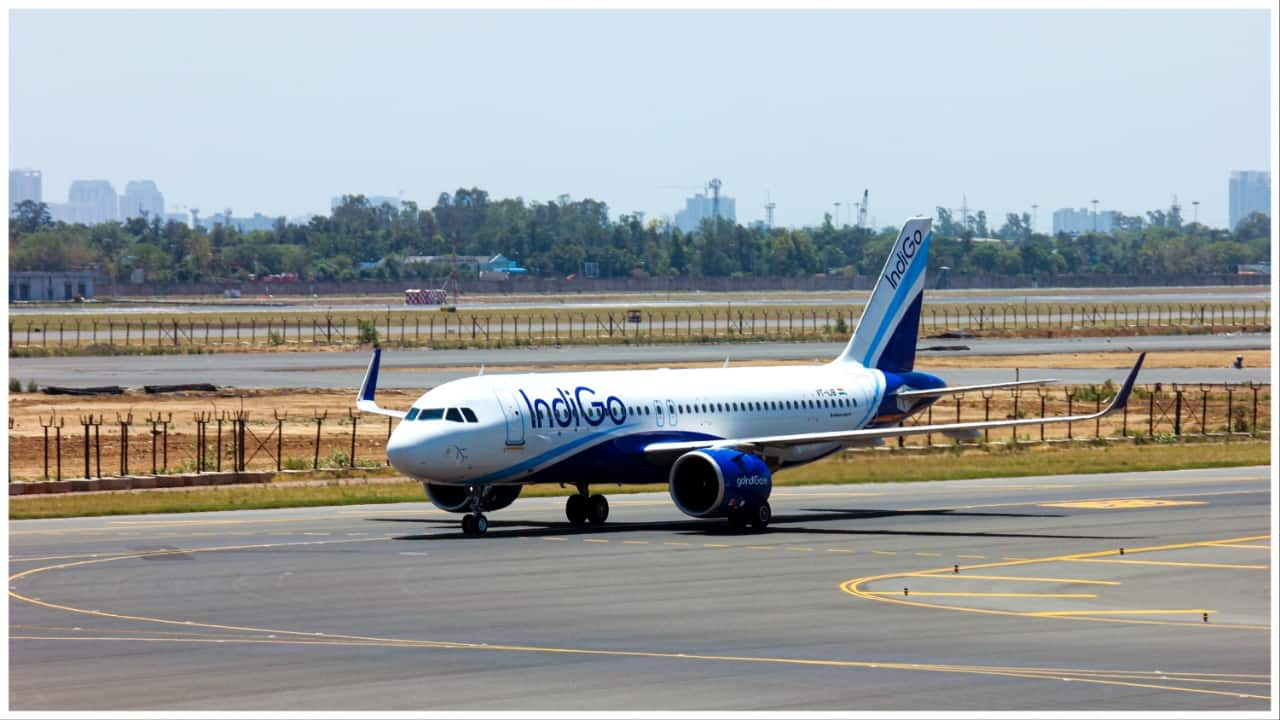 |
|
The 2024 AirHelp Score report has ignited a debate within the aviation industry, placing IndiGo, India's largest airline, among the world's worst. This ranking, placing IndiGo 103rd out of 109 airlines with a score of 4.80, is primarily attributed to its poor performance in claim handling (a measly 0.3/10 score) and overall customer satisfaction. AirHelp, a claims management company, bases its rankings on a combination of factors: on-time performance, customer opinions gathered from surveys involving thousands of air travelers across numerous countries, and the efficiency and responsiveness of airlines in handling passenger compensation claims. The methodology includes weighting these three categories equally (33% each) to arrive at a final score. While IndiGo's punctuality has been relatively strong, and it boasts a low customer complaint ratio according to DGCA data, AirHelp's focus on claim processing appears to be the major factor contributing to its low overall ranking.
IndiGo has vehemently challenged the credibility of AirHelp's survey, arguing that the methodology is flawed and that the sample size, particularly from India, is not adequately disclosed. The airline points to its own operational data, emphasizing its robust punctuality record and low customer complaint ratio, as evidence of its superior performance. This highlights a fundamental tension between airline self-reporting of performance metrics and third-party evaluations like AirHelp's. The lack of transparency surrounding AirHelp's methodology raises questions about the objectivity and reliability of its rankings. While AirHelp claims to use a comprehensive approach involving flight data analysis, customer surveys, and claim processing data, IndiGo's criticism underscores the challenges in establishing universally accepted standards for measuring airline performance.
The controversy surrounding AirHelp's rankings is not new. Similar criticisms have been leveled against other airline ranking organizations in the past. Airlines that rank poorly often question the methodology and credibility of these rankings, while those that rank highly tend to accept them as evidence of their operational excellence. This highlights the inherent subjectivity in measuring customer satisfaction and the effectiveness of claim processing. Different ranking organizations may employ varying methodologies, making it difficult to compare rankings directly. The lack of standardized metrics and data makes it challenging to objectively assess the performance of airlines. The reliance on customer surveys introduces the possibility of bias, as responses may reflect individual experiences rather than overall airline performance. Moreover, the weighting given to different aspects of airline performance (such as punctuality versus claim handling) can also significantly affect the final ranking.
AirHelp's role as a claims management company further complicates the matter. Its business model involves assisting passengers in securing compensation from airlines for flight disruptions. This creates a potential conflict of interest, as its rankings might be influenced by its commercial interests. While AirHelp argues that its methodology is robust and its rankings aim to encourage airlines to improve customer service, the criticism from airlines like IndiGo suggests a need for greater transparency and standardization in airline ranking methodologies. The absence of a single, universally accepted standard for ranking airlines leads to a fragmented landscape where different organizations offer competing perspectives, each with its own potential biases and limitations. Consumers are left to navigate this complex landscape, attempting to synthesize information from multiple sources to form their own opinions about individual airline performance.
The AirHelp controversy highlights the challenges of accurately and objectively assessing airline performance. While consumer feedback and operational data are valuable, their interpretation and weighting in ranking systems can lead to conflicting results and generate disputes. The lack of standardized metrics makes it difficult to compare airlines across different regions and operational scales. Moving forward, greater transparency in methodology, larger and more representative sample sizes, and potentially the establishment of industry-wide standards for airline performance measurement are necessary to ensure more reliable and objective rankings. This will help consumers make more informed decisions and hold airlines accountable for providing better service and handling passenger claims fairly and efficiently.
Source: What are the AirHelp 2024 airline rankings and why did IndiGo rank badly on their list? MC Explains
